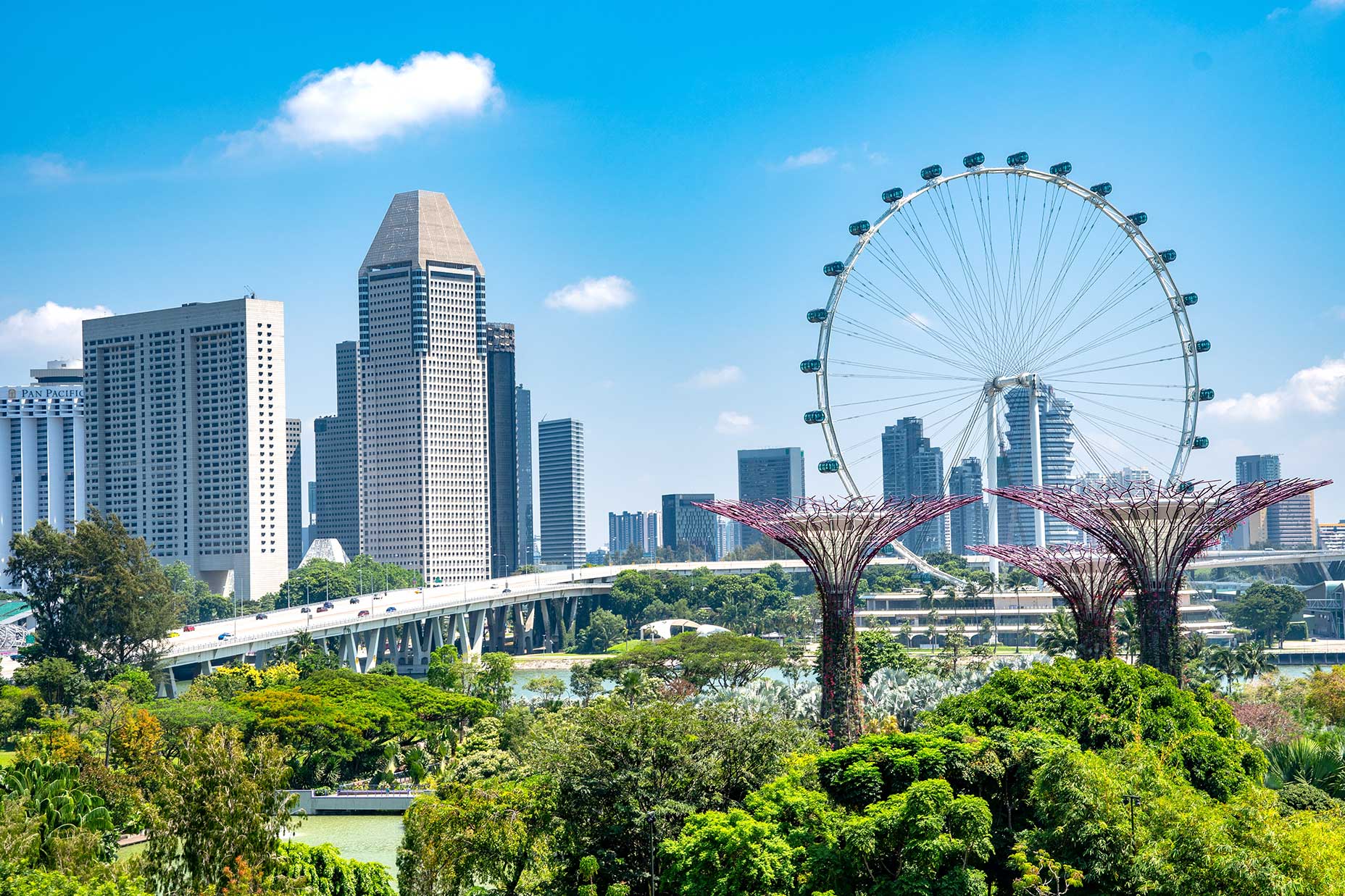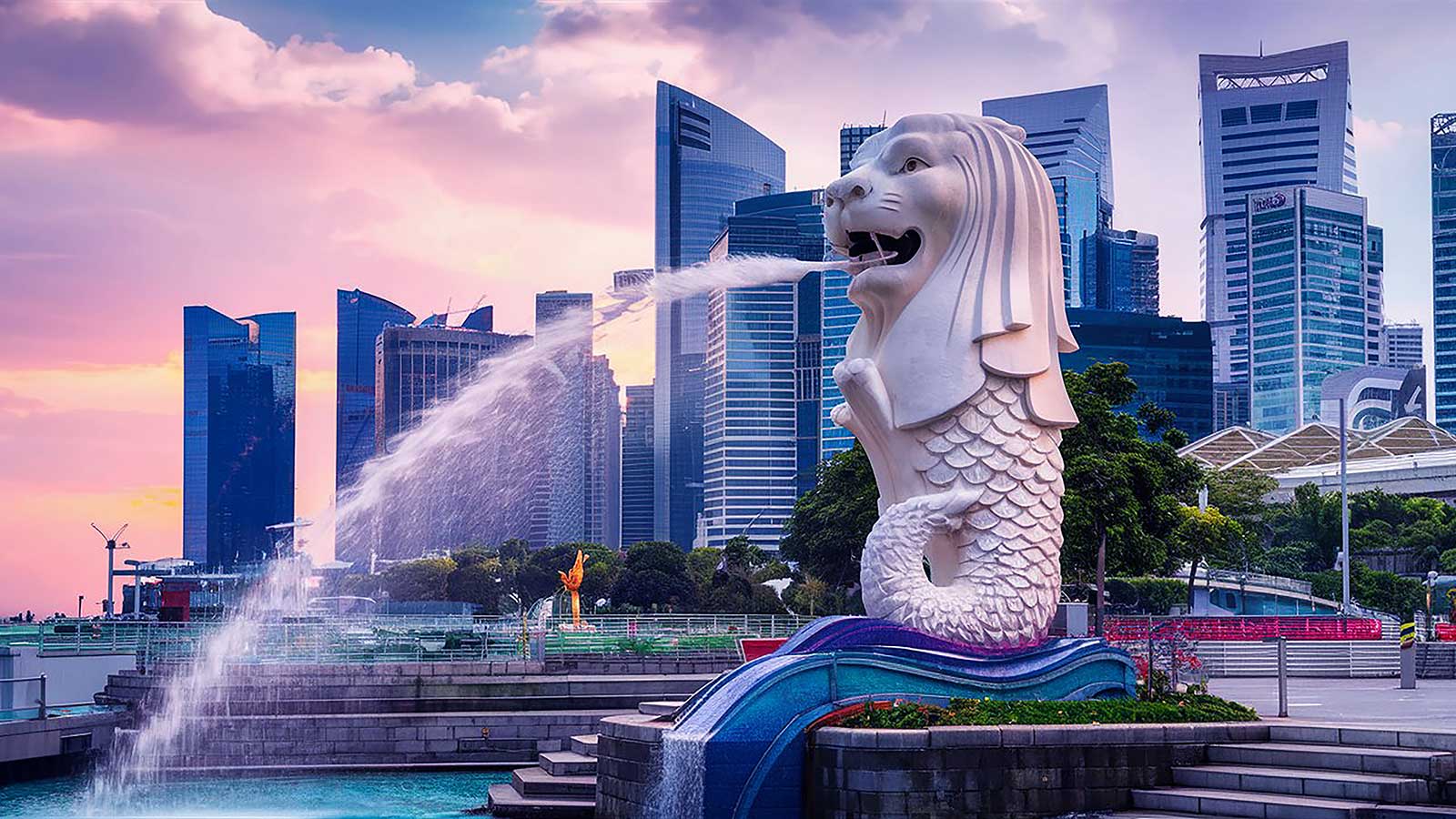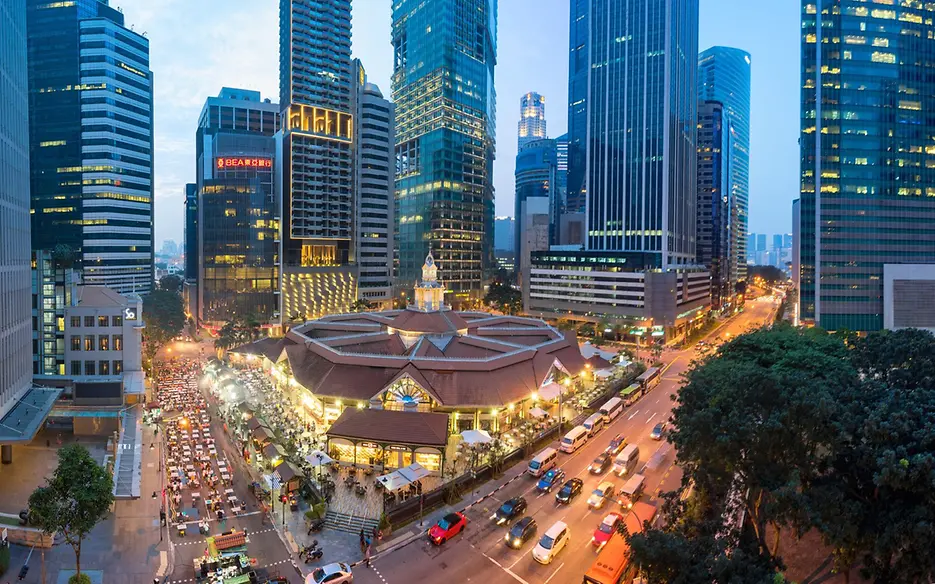11 Surprising Things You Probably Didn’t Know About Singapore
Singapore is famous worldwide for its futuristic skyline, impeccable cleanliness, and bustling hawker centers. But beneath this polished surface lies a city full of surprising stories, curious customs, and fascinating history that many travelers don’t know about. From unexpected laws to hidden islands and quirky traditions, these lesser-known facts reveal a different side of the Lion City—one that’s just waiting to be explored. Ready to be surprised? Here are 11 things you probably didn’t know about Singapore.
1. Singapore Has Changed Its Time Zone Six Times
Since 1905, Singapore has adjusted its time zone six times. Originally on GMT+7:30, it shifted to GMT+8 in 1982 to align with neighboring Malaysia. Interestingly, Singapore’s geographical location suggests it should be on GMT+7.5, but the change was made for economic and political synchronization.
2. The Lion City Never Had Lions
Despite its name, “Singapura” means “Lion City” in Sanskrit, Singapore has never had native lions. The name originated from a 14th-century prince who misidentified a tiger as a lion. This myth has become a central part of Singapore’s identity, even though lions never roamed its shores.
3. Chewing Gum Is Banned—But Not Completely
While the sale and import of chewing gum are banned in Singapore to maintain cleanliness, it’s not entirely prohibited. Individuals can bring in a small quantity for personal use, and certain medical gums are allowed with a prescription. This unique law reflects Singapore’s commitment to public hygiene and order.

4. Singapore Is a City-State with 64 Islands
Often perceived as a single island, Singapore comprises one main island and 63 smaller ones. These include popular destinations like Sentosa and Pulau Ubin, as well as lesser-known islands such as St. John’s and Kusu Island. Many of these islands are accessible by ferry and offer a tranquil escape from the city’s hustle.
5. The National Anthem Is Printed in Microtext on the $1,000 Note
Singapore’s $1,000 banknote features the national anthem, “Majulah Singapura,” printed in microtext on its reverse side. This intricate detail showcases the nation’s pride and respect for its heritage, blending security features with cultural significance.

6. The Country Has No Natural Water Sources
Singapore lacks natural freshwater sources like rivers or lakes. To address this, the country has implemented innovative solutions such as desalination, rainwater harvesting, and the NEWater program, which recycles treated wastewater into potable water. These efforts ensure a sustainable water supply for the nation’s needs.
7. Haji Lane Was Once a Pilgrim's Rest Stop
Haji Lane, now known for its vibrant street art and boutique shops, has a rich history. In the 1800s, it served as a resting place for Muslim pilgrims on their way to Mecca. The name “Haji” reflects this heritage, and the area has evolved into a cultural hotspot that blends tradition with modernity.

8. Singapore Is One of the World's Smallest Countries
With a total land area of just 728.6 square kilometers, Singapore is among the smallest countries globally. Despite its size, it boasts a population of over 5 million people, making it one of the most densely populated nations in the world.
9. The Country Has a National Day Parade Every Year
Singapore’s National Day Parade, held annually on August 9th, is a grand celebration of the nation’s independence. The event features a military display, cultural performances, and a spectacular fireworks show. It’s a day when Singaporeans come together to celebrate their unity and progress.
10. The Singapore Flyer Was Once the World's Tallest Ferris Wheel
Standing at 165 meters, the Singapore Flyer was the world’s tallest Ferris wheel upon its completion in 2008. It offers panoramic views of the city and beyond, including neighboring Malaysia and Indonesia on clear days. Although surpassed by other wheels globally, it remains a significant landmark in Singapore’s skyline.
11. Singapore Has a Strict No-Littering Policy
Littering in Singapore is taken seriously, with fines imposed for offenses. To promote cleanliness, the government has implemented various initiatives, including public education campaigns and the enforcement of strict laws. This commitment to cleanliness contributes to the city’s reputation as one of the cleanest in the world.
Things to do in Singapore
Are you ready to start discovering Singapore?
Check some of the best tours below to make the best of your trip!











